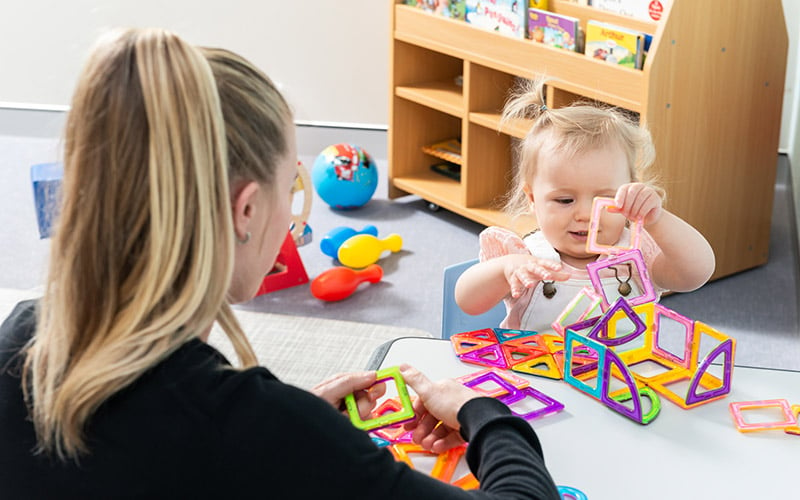Search
Research
Eye Gaze in Autism Spectrum Disorder: A Review of Neural Evidence for the Eye Avoidance HypothesisReduced eye contact early in life may play a role in the developmental pathways that culminate in a diagnosis of autism spectrum disorder. However, there are contradictory theories regarding the neural mechanisms involved. According to the amygdala theory of autism, reduced eye contact results from a hypoactive amygdala that fails to flag eyes as salient. However, the eye avoidance hypothesis proposes the opposite-that amygdala hyperactivity causes eye avoidance. This review evaluated studies that measured the relationship between eye gaze and activity in the 'social brain' when viewing facial stimuli.

News & Events
WA duo recognised as world’s most frequent autism research collaborators of the decadeDirector of CliniKids, Professor Andrew Whitehouse, and Professor Murray Maybery, have been identified as the world’s most frequent autism research collaborators of the decade.
Research
Reporting Both Unadjusted and Adjusted Estimates Is Essential to the Interpretation of Randomized Clinical Trial Results - ReplyAndrew Matt Videos Whitehouse Watch and listen to Andrew Cooper PhD BCA Marketing, BSc Statistics and Applied Statistics, PhD Deputy Director (
Research
Investigating the impact of developmental coordination difficulties across home, school, and community settings: Findings from the Australian Impact for DCD surveyTo evaluate the participation difficulties experienced by children with developmental coordination disorder in home, school, and community environments.


CliniKids has clinics in Subiaco and in Joondalup

Find out more about Occupational Therapy services at CliniKids.

CliniKids runs training in a range of areas for clinicians and autism professionals in addition to workshops for parents, caregivers and families.

Learn more about the TOTS Study at CliniKids

News & Events
Reading between the lines: making book sharing funIn this blog, Speech Pathologist Genevieve Wilmot discusses the many benefits of book sharing and how it can promote connection and social and communication development.
